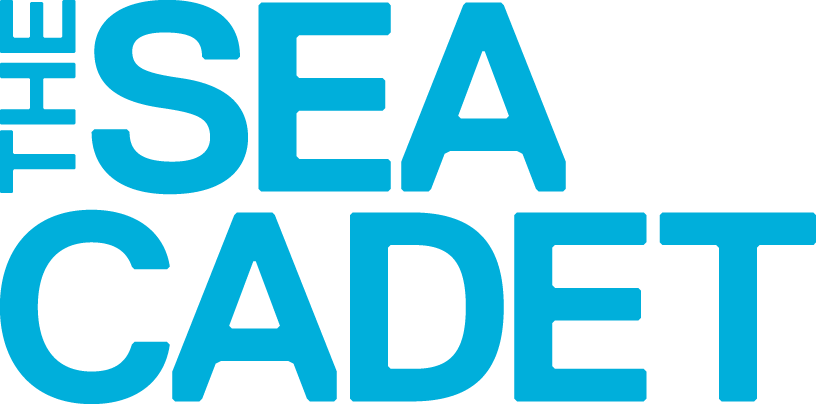Volunteer spotlight: tips on fundraising
We’re kicking off a new series of articles to empower volunteers to give young people the best possible Sea Cadets Experience. First up: how to raise more money

Fundraising is an essential part of Sea Cadets at both a national and unit level. It pays for cadets to have the life-changing experiences that will continue to reap rewards in their lives, and for future generations. We have been developing the best way to support units, by giving you the right tools and knowledge to up your fundraising game.
Central support – how does that work?
Fundraising at the National Support Centre (NSC) is led by a small team that manages the charity’s funding streams: corporate, trusts and foundations, individual giving and legacies, and donor support, as well as a dedicated Fundraising Support Manager to work with local units.
Where does the money come from?
As a charity we are financially stable, with very good supporters – led by the Royal Navy. We have funders that support specific projects, including cadet bursaries, the Marine Engineering Pathway, On The Water, and the Annual Premises Fund for units. Of the money raised by the NSC, 85% goes to units and cadet activities.
How are units supporting themselves?
Our units are superb at fundraising. Five years ago, the focus was on community fundraising, making small bids to various funders averaging no more than £3k, and some corporate engagement. Typically, annual fundraising by units beyond major capital projects didn’t surpass £10k.
Since 2017, we have given volunteers access to dedicated training, advice, funder lists, help with writing bids, and a wider understanding of the funding that’s out there. We’re also offering support with strategies, growth and partnerships, and joint fundraising with other units and charities. Typical annual unit fundraising beyond major capital projects now ranges from £10k to £100k!
There are funds available to support all your unit’s needs, from stationery and running costs to trips away. Units are now taking on major building projects at their HQs, ranging from £50k–£500k, and have raised almost £4m in the last five years, based on those that report their fundraising.
What can units do with the money raised?
There are two types of funding. Restricted fundraising means you can’t spend it on anything apart from the allocated projects. Unrestricted means units can spend it on whatever they choose.
What not to do
Retrospective funding is not allowed – you can’t raise funds for projects you have already paid for. You also can’t shake fundraising tins or buckets in a public place without a licence – you risk being fined under national fundraising laws.
How can I support my unit?
There are lots of different types of fundraising available. These include:
Community (potential fundraising: £100–£1,000)
Hosting events, raffles and other local activities is a great way of raising
your profile and some unrestricted funds. Many local businesses are happy to give
you free goodies, like food and drinks.
Digital (£100–£300)
This took off during the pandemic. People pay to attend online events hosted on Zoom, such as quizzes, murder mystery nights and auctions. You will need a platform (such as JustGiving) where people can pay for tickets, goods or services.
Challenges (£250–£1,000)
A fun way for people to support your individual sponsored challenge, like a row, run or walk. Sea Cadets also has challenge events where you can raise funds for your unit and the national charity.
Trusts and foundations (£1,000–£100,000s)
The most traditional way of raising funds, either by filling in an application or writing a letter. Most big projects should be fundraised this way.
Corporate social responsibility (variable)
Engage local or national companies to support you either with donations or services. Usually you have to contact them via their liaison leads, or apply online – a little tricky, but it can pay off.
Legacies (unlimited)
Asking people to leave the unit a financial gift in their will (known as a ‘legacy’) is something you should be promoting at all times. Legacies come from anyone: current/previous members, or someone from the local community.
‘In memory’ (£100–£100,000)
Many people who were cadets or had an affiliation to the unit may make donations to pay for specific equipment, or to decorate classrooms, which you can then name in their memory.
Where can I find out more?
To find more information about fundraising, head to the Training & Admin website.
More Advice

The Sea Cadets guide to drill
Good drill is at the heart of Sea Cadets’ community presence and is crucial for developing self-discipline, confidence and morale. As we approach the peak of drill competition season, we take tips and advice from two of 2025’s national champions: Petty Officer Cadet Charlie of Poole Unit (Best Squad Commander and Unarmed Squad) and Able Cadet Charlie of Warsash Unit (Commander of the winning Continuity Team).


